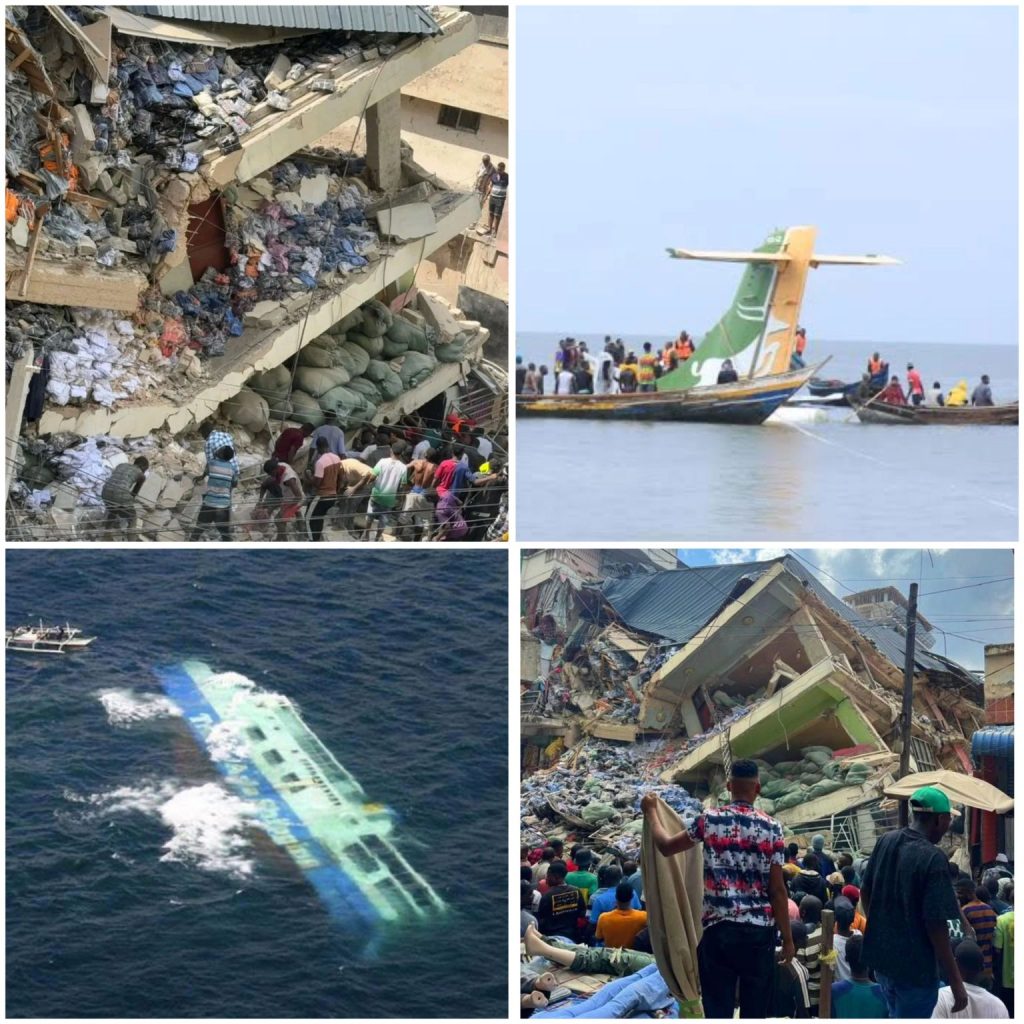If regular citizens repeatedly prove more valuable in emergencies, what does that say about our national rescue systems?
When regular citizens consistently prove to be more effective in saving lives during emergencies, it raises serious questions about the state of our national emergency response systems.
Remember, in Kagera, regular fishermen saved the victims from the plane crash in Lake Victoria, just a few meters from Bukoba town and the airport in 2022.
In 2019, 57 people were burned alive in Morogoro due to a fuel tanker explosion caused by the reckless handling of the initial accident. A tragedy happened in an area close to the headquarters of the fire and rescue force in the Morogoro region.
These incidents reveal critical weaknesses in our rescue capabilities and highlight the urgent need for government investment and better disaster preparedness.
And then, a few days ago, in the heart of Dar es Salaam city, the Kariakoo market, which generates billions of shillings for our nation, faced another incident: the collapse of a three-story building, which put the whole nation on pause.
RELATED: Kariakoo Building Collapse: Lowassa’s Report Ignored, Time to Prioritize Safety Over Politics
Different videos of regular citizens risking their lives to save the victims of such a catastrophe became heroic and celebrated.
Despite the different timelines between these recent incidents and the previous ones, such as the sinking of Mv Bukoba in 1996 and the Dodoma train collision in 2002, which killed hundreds of people. Yet one thing remains the same.
The hourly delay of our rescue team in reaching the accident sites leaves the victims at the mercy of regular citizens who have no proper skills or tools but only bigger hearts to the point of putting themselves in danger just to save such restless souls in helpless situations. Of course, rescue teams tend to rescue more corpses than living beings, which still counts, but deep down, we know that’s not their core purpose.
These accidents, which don’t involve a hundred thousand people, are only alerts highlighting weaknesses within our rescue systems. If the worst were to happen, such as the collapse of ten high-rise buildings in Posta, imagine how the situation could become.
So, it’s high time we called on our government to invest more in our emergency systems. It takes individuals to create a strong nation, and every life should be treated equally.
Moreover, rescue techniques should be made public, and basic skills should be taught by incorporating such practices into our education system and even spreading awareness via online platforms. This is less costly and more effective in ensuring everybody correctly knows what to do when such things happen.
Above all, organizations such as OSHA, which deals with safety in working environments, should conduct regular inspections and enforce strict regulations to ensure everyone adheres to the rules rather than prioritizing their own interests. This will also enable them to detect and address any potential danger early to protect the safety of many.
Lastly, may the lost souls of such incidents find eternal peace. We, who are alive today, must do something differently to create solid protection from such emergencies—just less politics and more actions.

